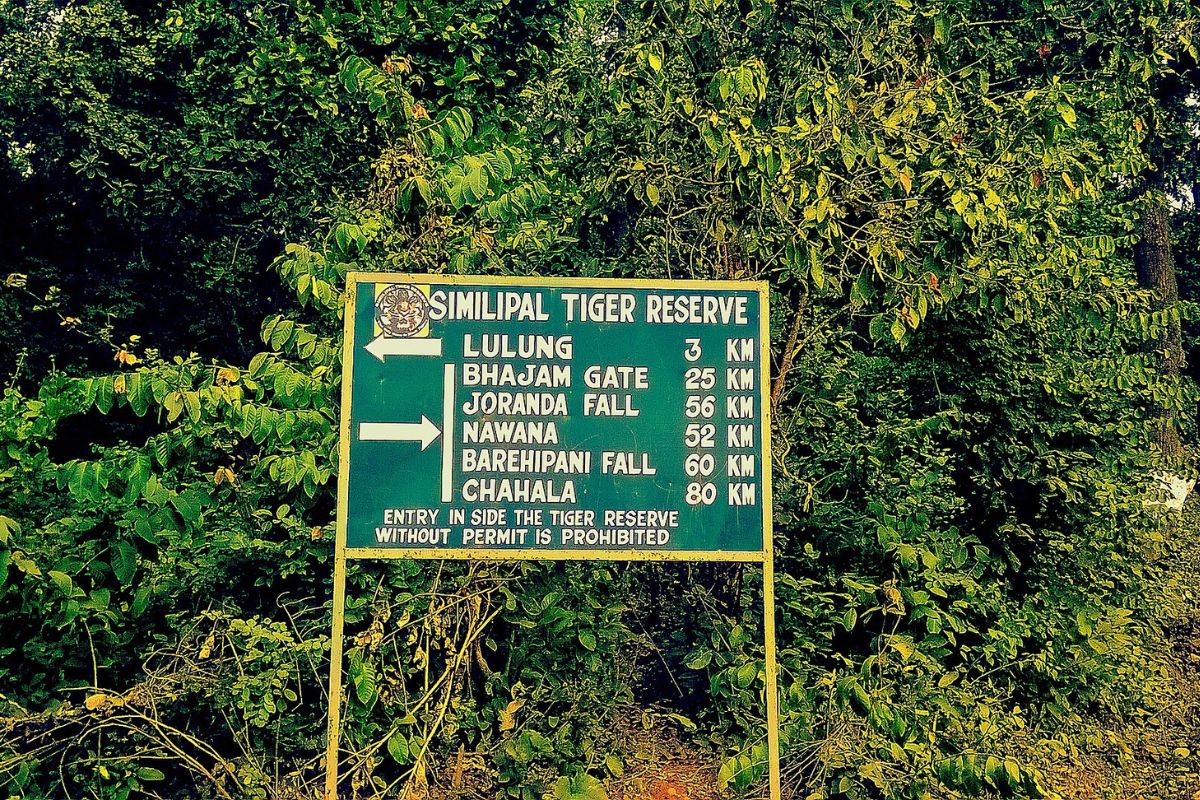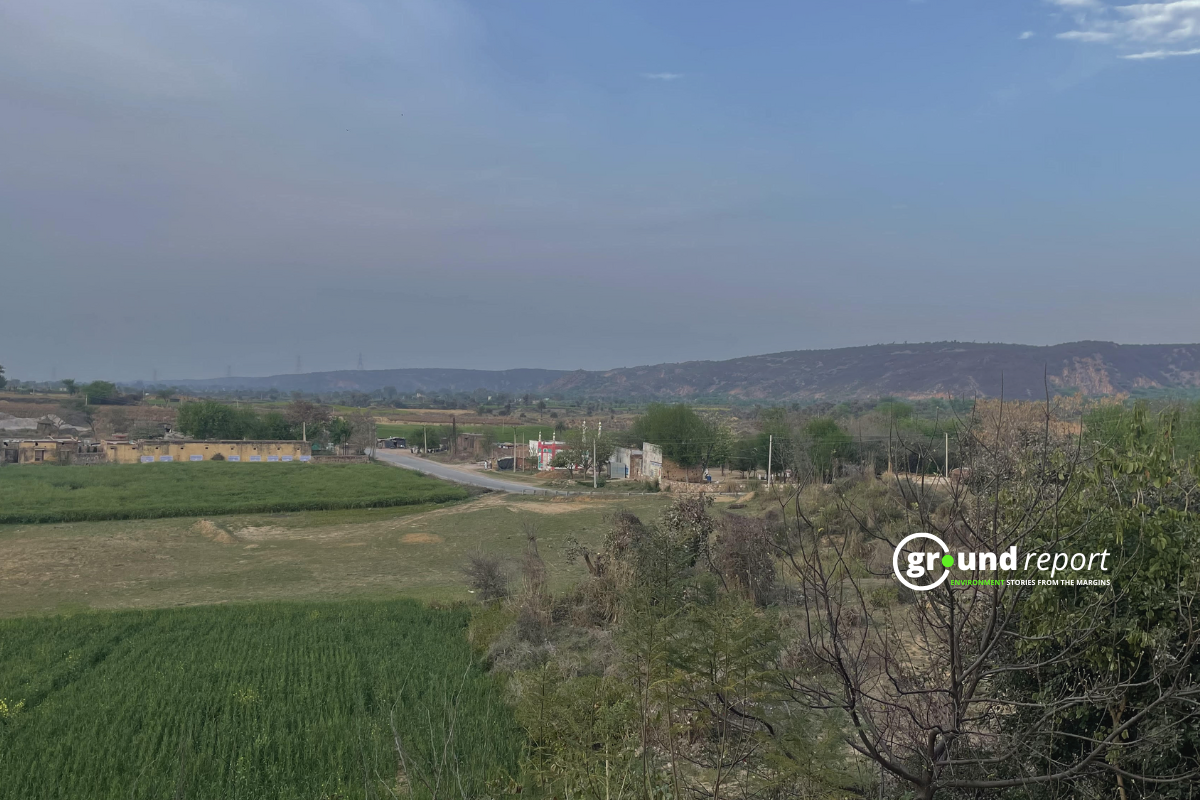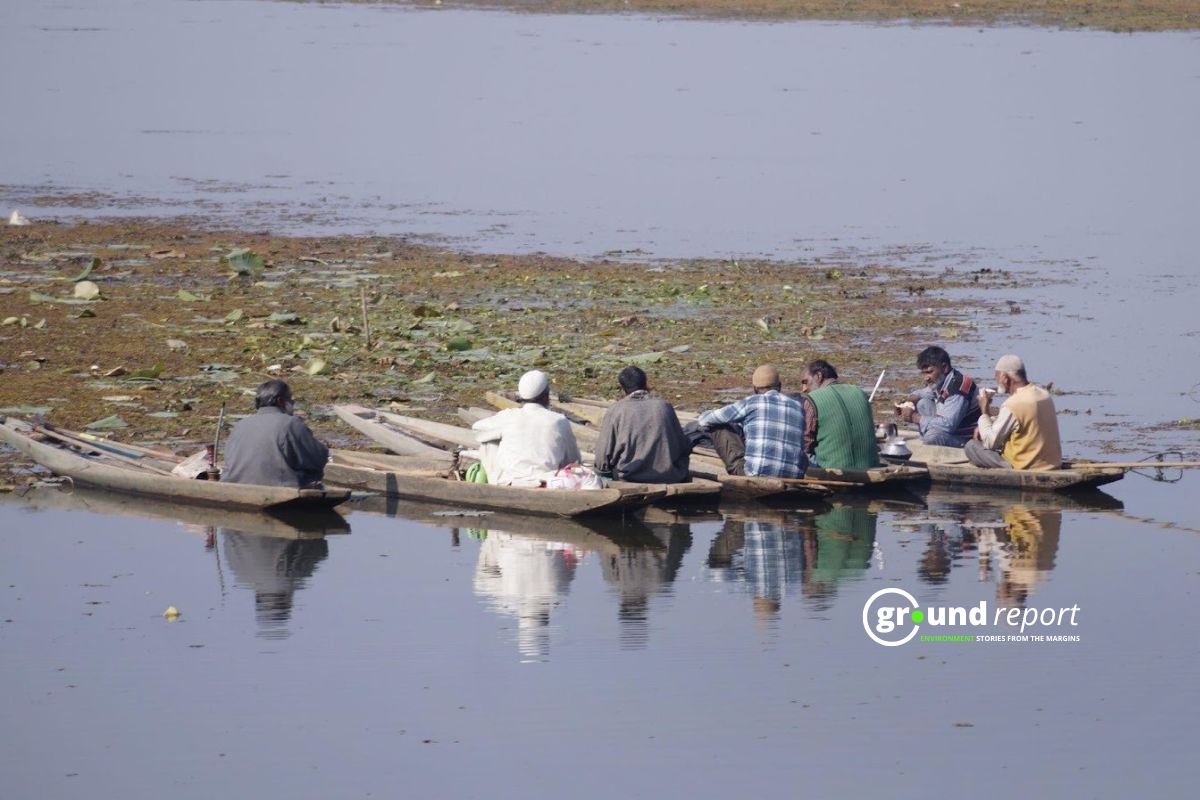India marked its 79th Independence Day today with Prime Minister Narendra Modi addressing the nation from the Red Fort for the 12th consecutive year. He opened his 1 hour and 43-minute speech by focusing on climate change and environmental goals, declaring that India had reached its clean energy target of 50 percent installed capacity from non-fossil sources five years ahead of schedule. “The target we had set for 2030, we achieved in 2025 itself,” he said, crediting the resolve of citizens and a rise in renewable, nuclear, and hydropower projects.
Modi said reducing dependence on imported fuel was essential for development. “If we were not dependent on energy, that money would have been useful for our youth, our farmers, and our villages,” he said. He announced the launch of a Deep Water Exploration Mission to search for oil and gas reserves under the sea, aiming to boost self-reliance in energy production.
The Prime Minister then shifted focus to water resources, announcing the suspension of the Indus Water Treaty with Pakistan. Calling the agreement “one-sided and unjust,” Modi said, “The farmers of India have a right over this water. Blood and water will not flow together.” He stated that the water currently flowing into Pakistan would now be diverted for irrigation in India.
10 Key Points from PM Modi’s Independence Day Speech
- Praised the armed forces for Operation Sindoor after the Pahalgam terror attack. Said terror hubs deep inside Pakistan were destroyed and vowed not to tolerate nuclear blackmail.
- Announced suspension of the Indus Water Treaty, calling it one-sided and unjust. Said the water will now be used for Indian farmers instead of irrigating fields in Pakistan.
- Declared India achieved its 50% clean energy target in 2025, five years ahead of the 2030 deadline. Credited public resolve and investments in renewables, hydropower, and nuclear energy.
- Announced a Deep Water Exploration Mission to search for oil and gas reserves under the sea, aiming to make India self-reliant in energy and reduce fuel imports.
- Launched the National Critical Mission to secure key minerals used in defence and technology. Said exploration is underway at over 1,200 locations across the country.
- Promised next-generation GST reforms by Diwali. Said taxes on essential goods will be reduced and small businesses will receive more support.
- Launched the ₹1 lakh crore Pradhan Mantri Viksit Bharat Rozgar Yojana. Government will pay ₹15,000 for every first-time private sector job, targeting 3.5 crore jobs.
- Announced the High Power Demography Mission to counter infiltration. Said infiltrators are changing demographics, taking jobs, and targeting women in border areas.
- Called for self-reliance in defence and technology. Urged making fighter jet engines in India and developing a domestic AI ecosystem and space missions like Gaganyaan.
- Promised a “double Diwali” for citizens through GST reforms, reduced taxes, and new opportunities for businesses and youth.








